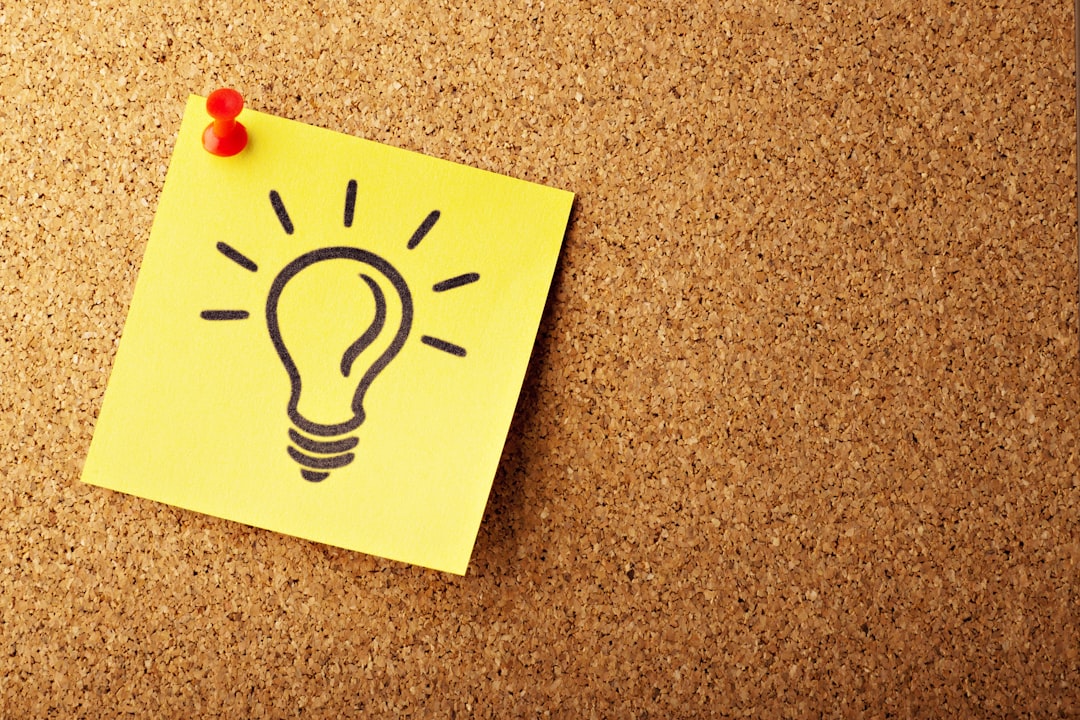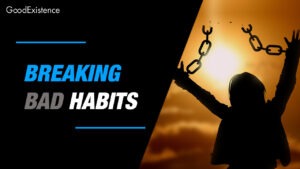My phone buzzed again, and a wave of pure exhaustion washed over me.

It wasn't just that one notification. It was everything. The emails piling up. The endless scroll on social media. The breaking news alerts. The group chat messages that never stopped. It’s a constant stream of information all fighting for a piece of your attention. It feels like trying to drink from a firehose.
I’ve been there. My brain has felt like a computer with a hundred tabs open, all playing different videos at once. For me, it used to show up as a crippling gaming addiction. I’d escape into a digital world because the real one felt too loud and demanding. It was just another form of overload, a way to numb the noise with more noise.
Breaking free felt impossible. But I learned that you don’t fight overload with a massive, complicated plan. You fight it with small, simple choices. You take back control one tiny step at a time. If you’re feeling buried, I want you to know you’re not alone. Here are 30 practical ways I’ve learned to quiet the chaos and find some peace.
Reclaim Your Focus, One Step at a Time
You don’t have to do all of these at once. In fact, please don’t. That would just be more overload, right? Just pick one or two that feel possible today.
- Turn off non-essential notifications. You don’t need your phone to buzz every time someone likes your photo. Go into your settings and be ruthless. Only leave on notifications for calls or texts from people.
- Unsubscribe from emails. Open your inbox and unsubscribe from five newsletters or marketing lists you never read. Do it again tomorrow. It’s incredibly freeing.
- Schedule your screen time. Instead of checking your phone whenever it buzzes, set specific times. Maybe 15 minutes in the morning and 15 in the evening. The world will keep spinning.
- Delete apps you don’t need. If an app makes you feel anxious, drained, or just wastes your time, delete it. You can always re-download it if you truly miss it (you probably won’t).
- Embrace "Do Not Disturb." This feature is your best friend. Use it during dinner, an hour before bed, or when you need to focus.
- Read a physical book. Give your eyes a break from the blue light. The feeling of turning a real page connects you to the real world.
- Listen to an album from start to finish. Don’t just put on a random playlist. Intentionally listen to a whole album as the artist intended. No skipping.
- Go for a walk without your phone. Or at least put it in your pocket on airplane mode. Just walk and look around. Notice the trees, the sky, the sounds of your neighborhood.
- Define your Top 3 priorities for the day. Before you check any email or news, decide on the three most important things you need to accomplish. This sets your agenda, not the world’s.
- Single-task. Stop trying to do five things at once. When you’re writing an email, just write the email. When you’re eating lunch, just eat lunch. It feels strange at first, but it brings incredible clarity.
- Set a timer for deep work. This was a game-changer for me. I used to think I needed to work 8+ hours a day. Now, I know that 2–4 hours of truly focused, deep work is more valuable than a whole day of distraction. This is how I lost the weight, built my business, and reclaimed my life. Set a timer for 45 minutes and work on one thing without interruption. Then take a break.
- Prepare for your day the night before. Lay out your clothes. Pack your lunch. Write down your Top 3. This reduces decision fatigue and starts your day with calm instead of chaos.
- Have a clear end to your workday. When you’re done, be done. Close the laptop. Put the phone away. Your brain needs to switch off.
- Embrace silence. Find a few minutes each day to just sit in silence. No music, no podcasts, no TV. It might feel uncomfortable, but it’s where your mind can finally process things.
- Journal your thoughts. Get a simple notebook and pen. At the end of the day, write down what’s on your mind. It’s a way to empty all those open tabs onto a page so they stop swirling in your head.
- Practice daily gratitude. Before you go to sleep, think of three specific things you’re thankful for. It shifts your focus from what’s overwhelming you to what’s sustaining you.
- Talk to God. For me, prayer is the ultimate way to handle overload. I give my anxieties and fears to someone much bigger than me. It’s not about a formal ritual; it’s just talking, sharing what's on my heart. When everything feels out of control, my faith is my foundation.
- Read a chapter of Scripture. Instead of scrolling through news headlines first thing in the morning, I try to read a Psalm or a Proverb. It grounds my day in wisdom and truth, not fear and outrage.
- Schedule "no-plan" time. Block out a couple of hours on your weekend with absolutely nothing scheduled. No chores, no errands. Just be. See where the time takes you.
- Call a friend or family member. Don’t text. Actually call them and hear their voice. A real conversation is worth a thousand texts.
- Do something with your hands. Cook a meal from scratch, draw something, fix a leaky faucet, or organize a drawer. These physical tasks get you out of your head and into the present moment.
- Limit your news intake. Choose one or two trusted sources and check them once a day. You don’t need a 24/7 drip of breaking news. It’s designed to keep you anxious.
- Accept that you can’t know everything. You will never be caught up on all the shows, books, news, and trends. And that’s okay. Let it go.
- Create a "wins" list. At the end of the week, write down everything you accomplished, no matter how small. It will remind you that you’re making progress, even when it feels slow.
- Drink a glass of water. Sometimes feeling overwhelmed is just a sign of dehydration. Simple, but it works.
- Stretch for five minutes. Get up from your desk and just stretch your arms, back, and legs. Reconnect with your body.
- Tidy one small area. A cluttered space can lead to a cluttered mind. Spend 10 minutes cleaning off your desk or a kitchen counter.
- Say "no." You don't have to accept every invitation or request. Protecting your time and energy is not selfish; it’s necessary.
- Look out a window. Watch the clouds. Watch people walk by. It’s a simple way to hit the pause button on your racing thoughts.
- Take one deep breath. Right now. Just one. Inhale slowly, then exhale slowly. You just gave yourself a moment of peace.
Breaking free from information overload is a journey, not a one-time fix. It’s about building a life that serves you, instead of serving the constant demands of the digital world. It’s about choosing peace over pressure, and purpose over productivity-for-show.
What’s one small thing you can do right now to quiet the noise?





